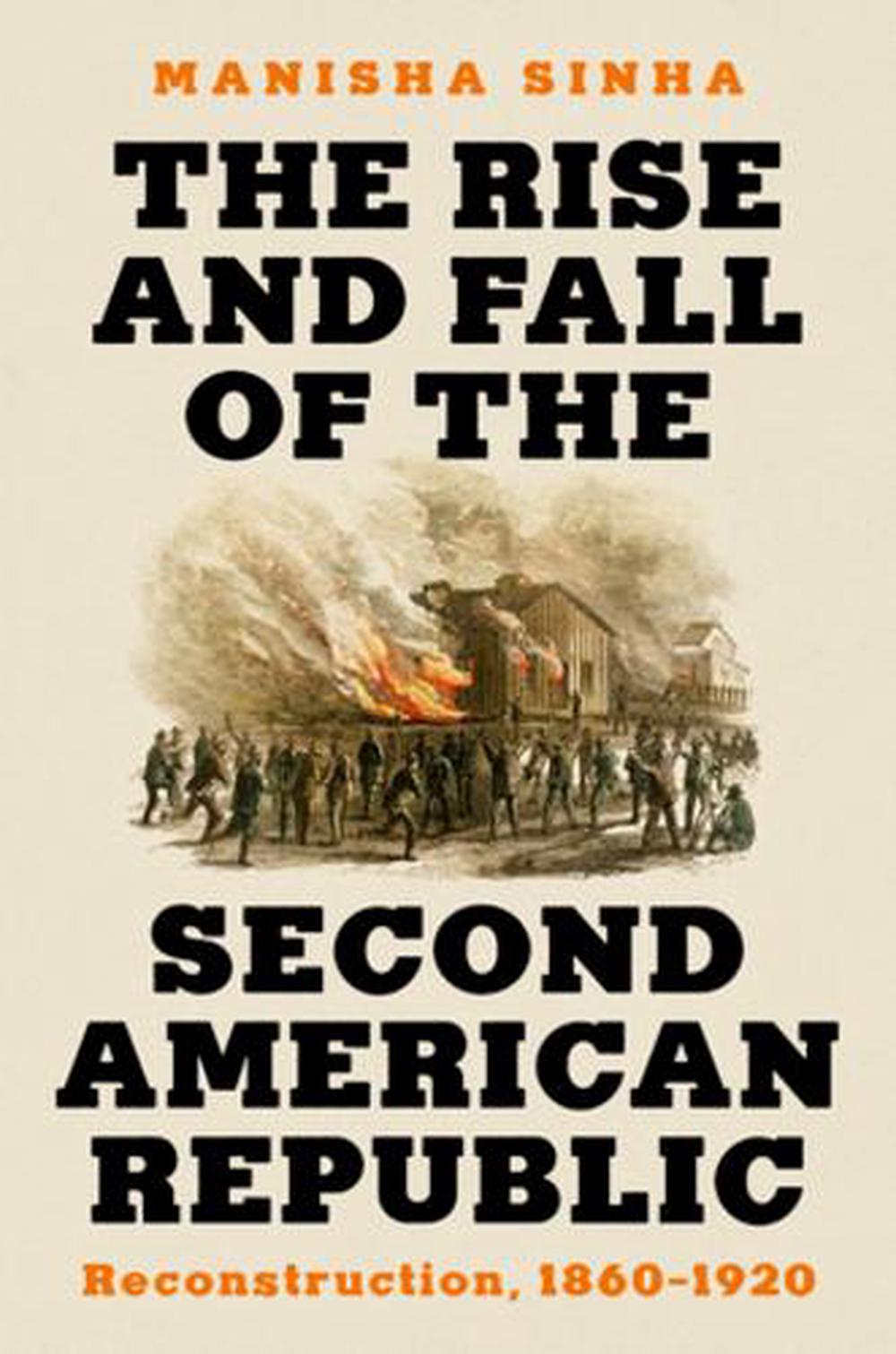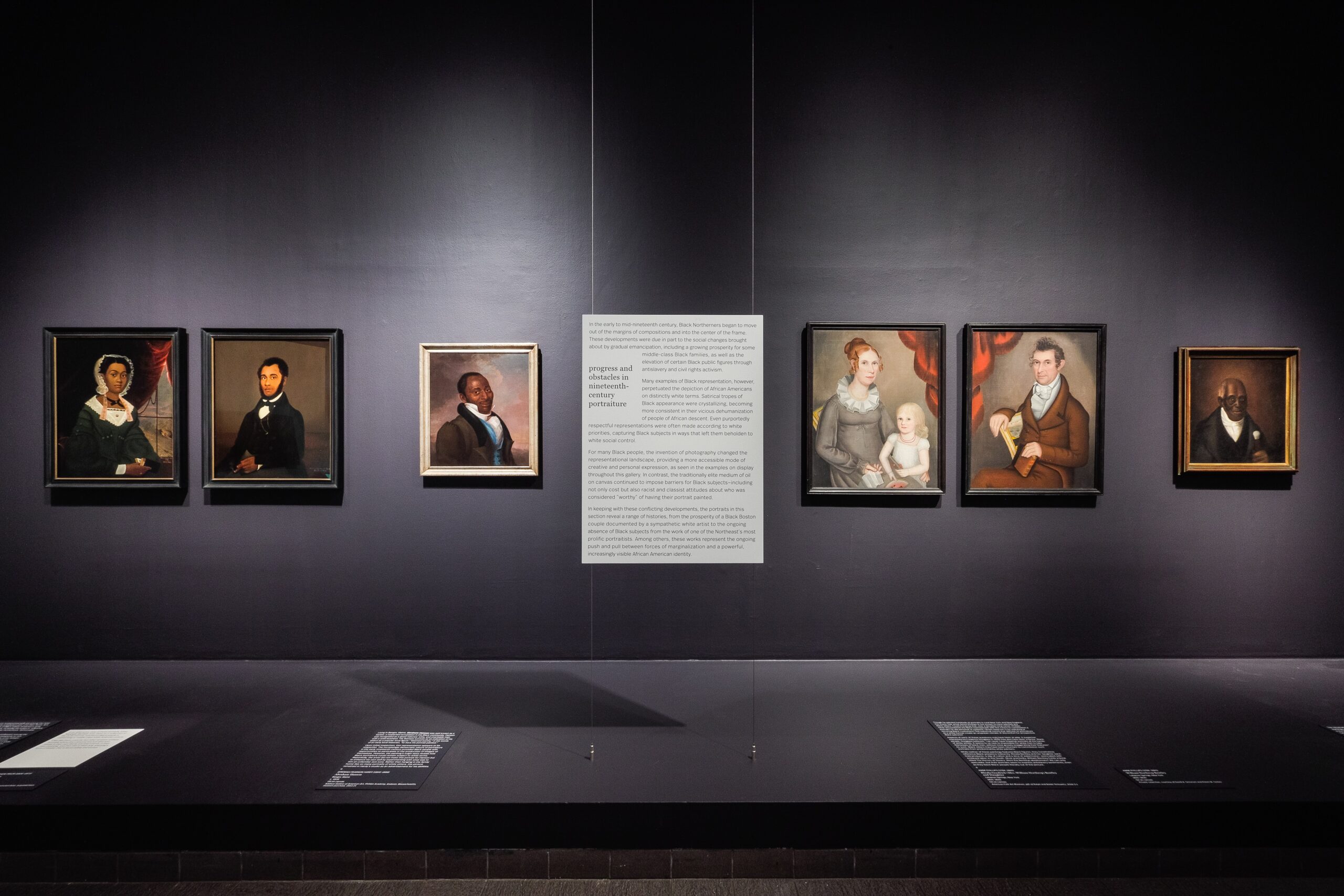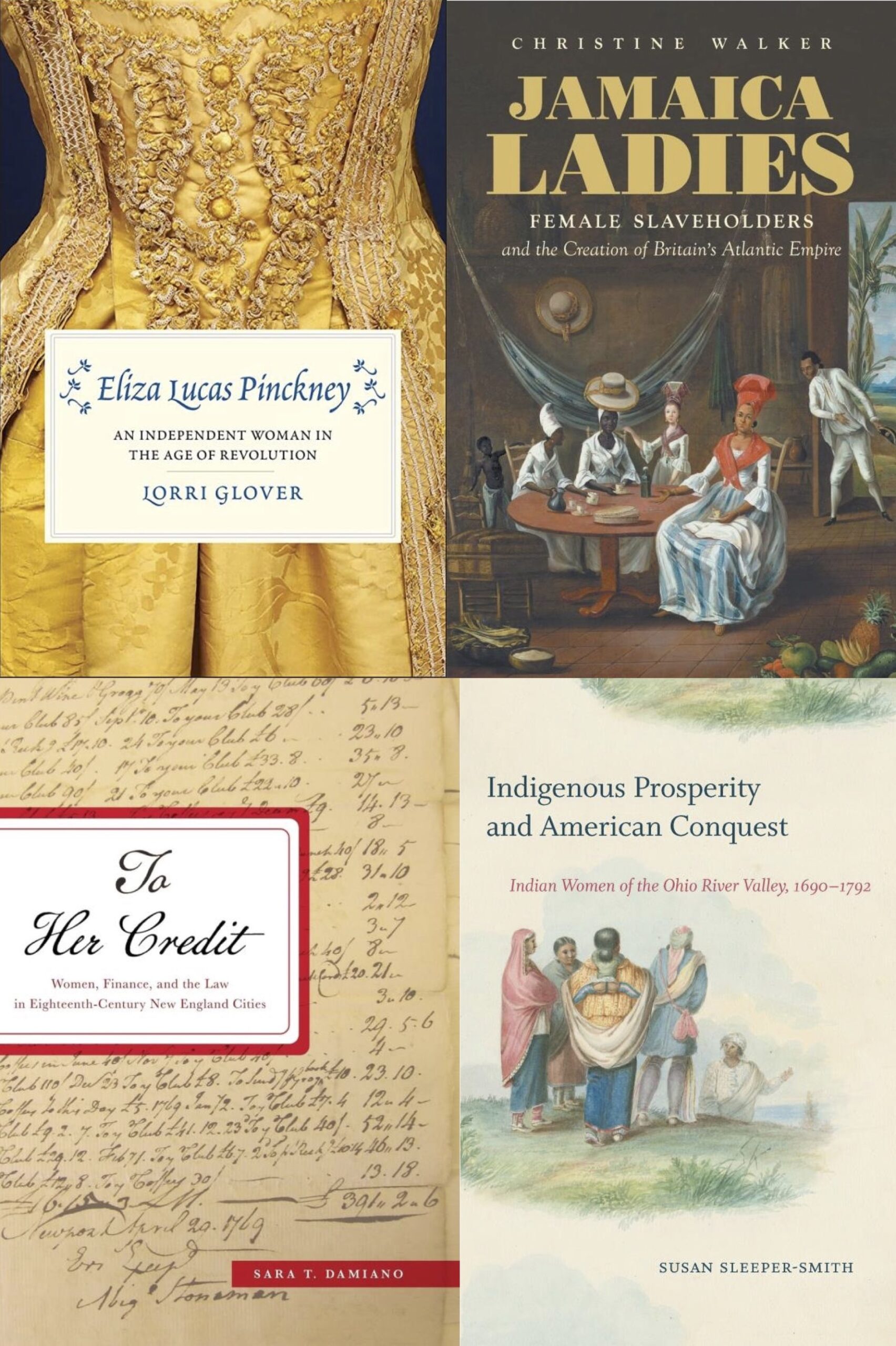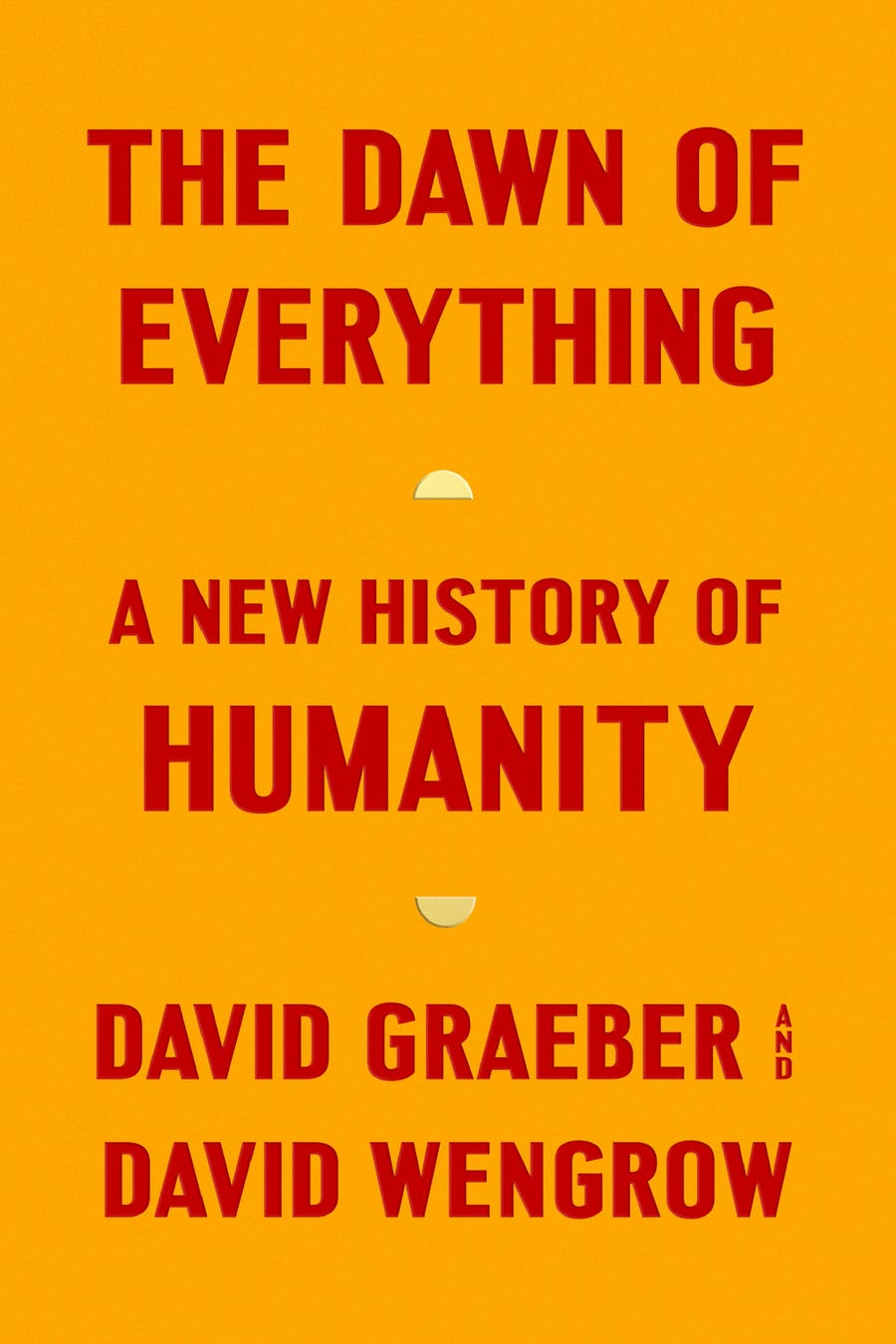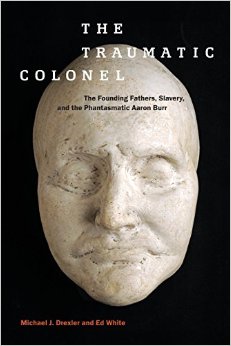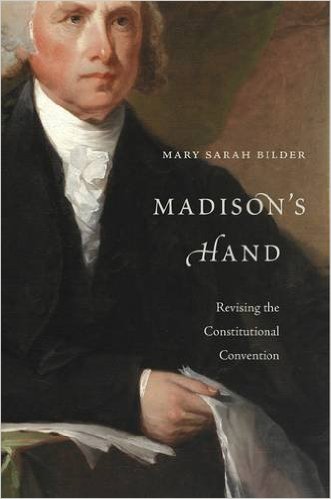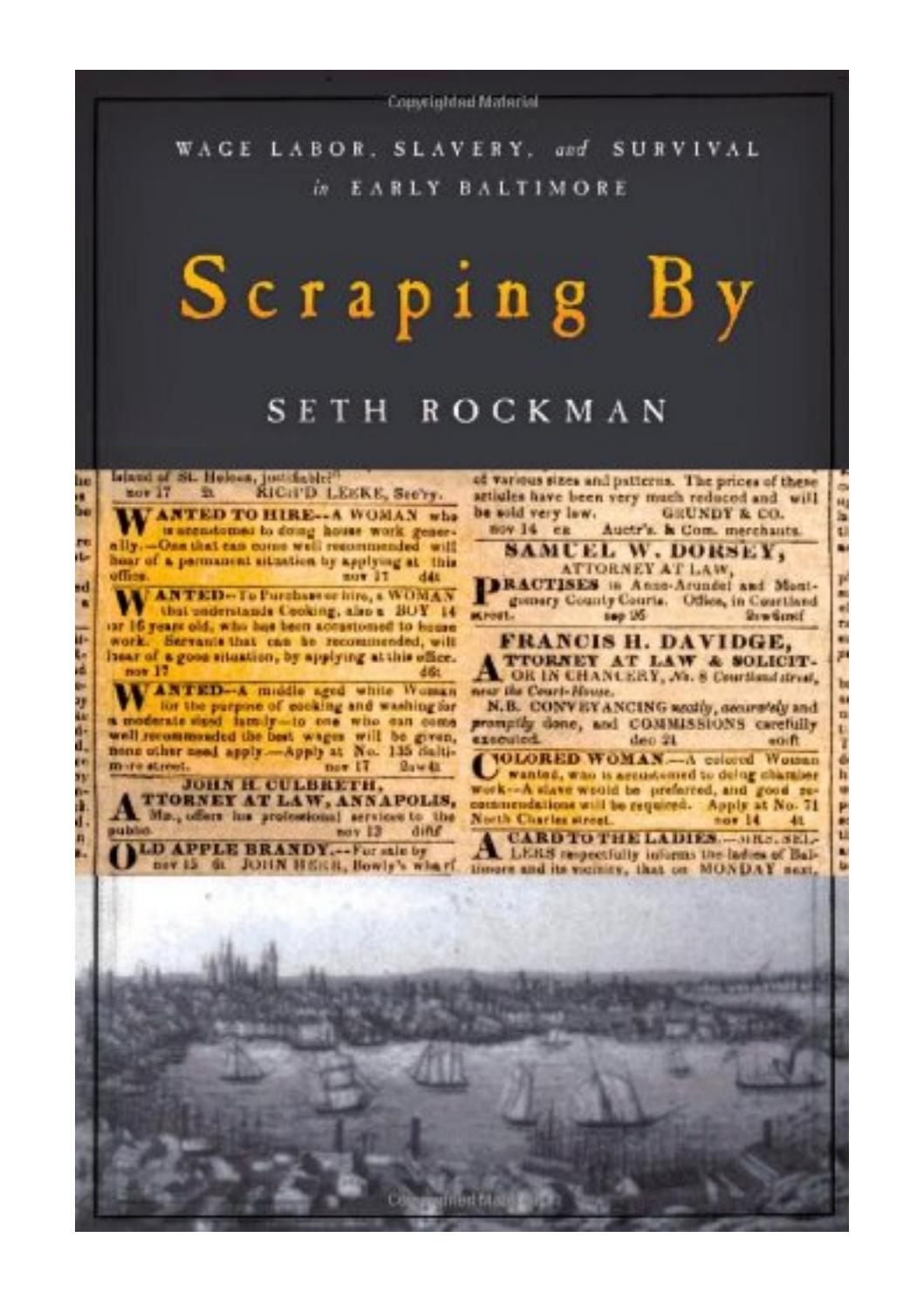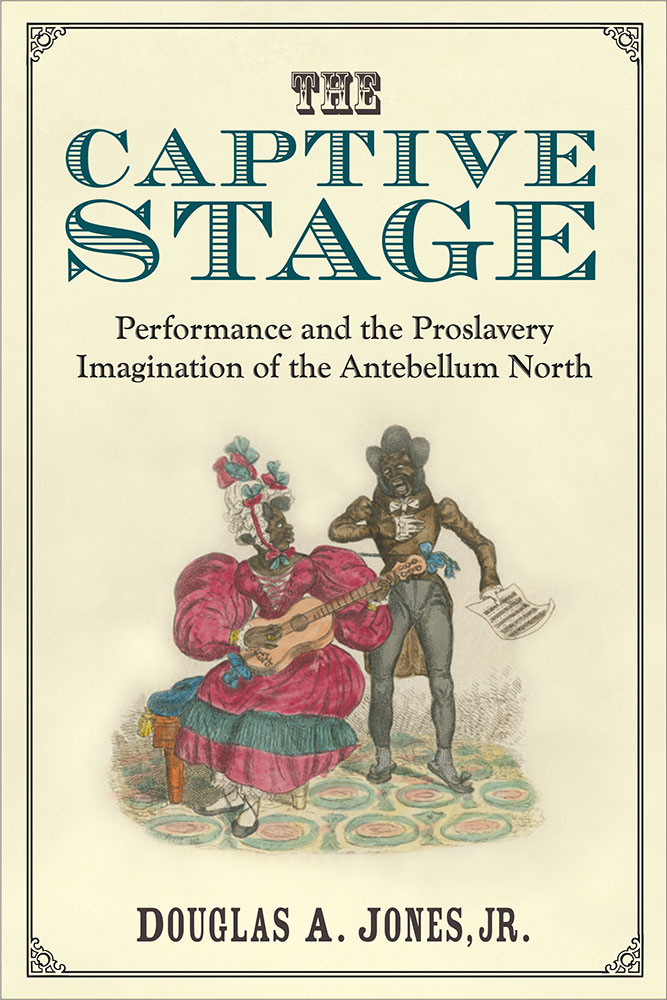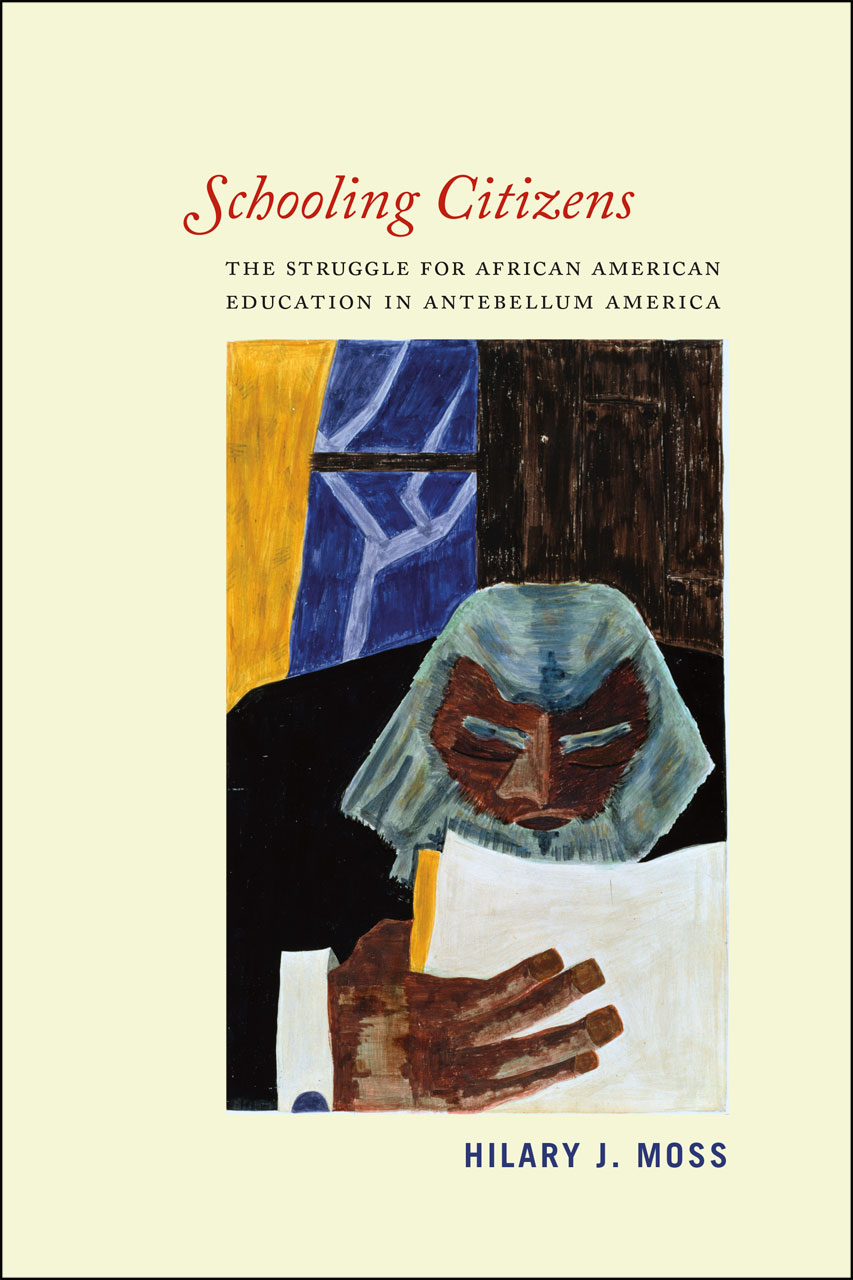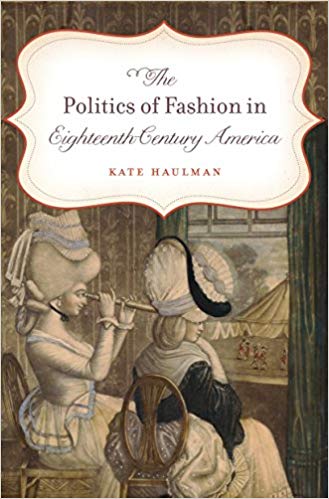Once upon a time, we used to be religious. We existed within a world intentionally created and remotely ruled by a God shrouded in mystery. However concealed, divinity dictated the terms of a human experience wholly realized within a religious plot of being. We lived for the God who imparted our creation, and approached that creation as a representation of divine agency we could only ever partially hope to understand.
And then, as this story goes and for reasons the story has struggled to tell, we woke up—we grew up, according to Kant. The world of God and religion became the playthings of modernity’s immaturity, discarded with the ruthless finality of a bicycle’s training wheels. The West became consumed with its own inventions: bourgeois subjectivity; public democracy; a reasonable world; knowledge gained by experience rather than by revelation. Et cetera. It was a heady time, that Enlightenment. Religion retreated into the enclaves of modern irrelevance: the increasingly empty meeting-houses; the terrains of the desperate and dispossessed; the private and often feminine spaces of contemplation. The modern West no longer needed to argue with religion, so much as simply ignore it. God himself became an object of human academic inquiry and so, rather distressingly, another opportunity for the production of irrelevance.
In more recent times, the “God debate” seems to have returned in the form of increasingly shrill and disrespectful bromides perched atop bestseller lists or shouted into radio phone-in shows. What links many of these efforts is a commitment to embattlement: both pro- and anti-God forces claim their real or impending victimization at the hands of the other as a motivating and even legitimizing cause. Whatever else might be said about all of this, we might all agree that the debate depends on the secularization narrative remaining largely intact, even if only as caricature. The “Pro-God” forces need secularism to have been a success in order to claim the trauma of religion’s dispossession. The “Pro-Secular” forces depend on secularism’s triumph in order to maintain a hard line against the continued fabrications on behalf of the God-artefact.
Whether or not Americanists ever really ignored the religious dimensions of American culture is a debatable question. It is probably fair to say that many academic studies, including some of the more famous ones, have assumed some version of the secularization narrative as a point of departure, if not a specific methodological vista. Perry Miller’s jeremiad told a story of religion’s “decline” no less secular than Sacvan Bercovitch’s revision to the errand, in which a theology of a pre-modern settler culture became a rhetoric of the bourgeois nation. If a decade ago some folks were wondering why we had stopped taking religion seriously as a legitimate academic topic, today many are taking religion seriously enough to be willing to tip one of the sacred cows of Enlightenment modernity itself: that cow being, of course, secularism’s sense of its total victory.
In her first book, The Science of the Soul in Colonial New England, Sarah Rivett tips something like a herd, and does so with a confident modesty I found almost as compelling as the close argumentation that characterizes this book as a whole. Her study “shows that the story of the Fall is integral to Puritanism and the new science alike and that it in fact generated a continuing of shared methods and goals between the two” (3). A bit later, her always accessible and relaxed prose refines this idea further: “Protestantism and natural philosophy did not simply go from a relationship of compatibility to one of opposition with different epistemological goals. Rather, their modern versions emerged through an intricate process of borrowing and differentiating one from the other…” (11). Because both religion and the new science depended on the idea that “certainty is a condition of human knowledge” (22), claims of epistemic breaks and radical disarticulations of religious from secularist discourse require modification.
Another way to put this is to say that The Science of the Soul demonstrates some of the ways by which the condition of ignorance secures the pursuit of both spiritual fulfillment and worldly knowledge. The discourse of “science” we associate with the modern episteme emerged in relation to a discourse of “spirit” we locate in the early modern past. Rivett invites us to consider what she calls a “spiritual science for discerning, authenticating, collecting and recording invisible knowledge of God as it becomes manifest in the human soul” (5). At the heart of this study, so to speak, is science. The experimental methods of Francis Bacon and Robert Boyle become the new helpmates of “knowledge revealed by God” (30), as an emerging dialectic of faith and sensation together produced the credibility of the modern soul. “Ministers and members of the elect,” Rivett offers, “acted as curators of experiments of grace, imposing uniformity on the conversion experience through the regulatory frame borrowed from the empirical science increasingly standardized by the Royal Society and the broader suffusion of the Baconian method” (31). Ignorance, to put it differently, becomes the problem shared by religious and scientific method just as certainly as doubt serves as the foundation for assessing both religious and scientific knowledge claims, be they states of grace or states of electricity.
In considering the Salem witch trials as an outbreak of the “radical enlightenment,” Rivett observes that the trials exemplified an Enlightenment struggle between “those who wished to eliminate the epistemological relevance of the devil and those who wished to make the devil more epistemologically relevant.” In doing so, she shows that what links these two projects is a “mutual struggle to reconcile the condition of unknowable knowledge” (239). Kant’s sublime, that point at which human understanding reaches by recognizing its limits, starts to sound a little bit like Mather’s confessing witches, whose recognition of the limits of representational credibility becomes foundational to both legal and religious testimonial regimes. The cultural politics of religion enter into the book’s ambit as well, as Rivett presents a startling analysis of ethnographical and funereal texts, arguing that in the wake of the new experimentalism, “the words of dying Indians and the prayer closet devotions of little damsels were rapidly coming to replace the congregational membership testimony as a primary site of empirical investigation into the invisible world” (178). The history of new world settlement weaves itself into this book’s revision to the secularization narrative, as Rivett observes a “remarkable early modern convergence between theology and natural philosophy that taught Baconians and Calvinists alike to seek new locales and new experiences to expand the scope of experimental discovery” (122). Such deft joining of intellectual, religious, colonial, and settler history is only one of many examples of the conceptual dexterity that characterizes this study as a whole.
After sketching the broad terms of her argument in an introductory chapter, Rivett turns to a rich discussion of Calvin and Francis Bacon, arguing that “experimental religion and experimental philosophy” (28) together produced a new testimonial ethic that sought to probe and make sensible the affairs of the visible world. Chapter two considers the gendered contours of an emergent soul science, arguing that the new “scientific techniques of discernment … engendered a new form of social invisibility that comes across in the testimonial records as a gender inflicted form of religious affect” (74). A chapter on “Praying Towns” finds that the “new philosophical standards of knowledge and testimonial reliability” made possible a new ethnology of grace in “subordinate human populations” (170). Chapter four concerns itself with the deathbed testimonial, an increasingly populist vernacular space of confession and analysis that both affirmed and challenged clerical authority over the public meaning of death. A fifth chapter turns to the familiar terrains of Salem witchcraft, which she describes as something of a misapplication of soul science that might “threaten the existence of God” (227) rather than augment a rational understanding of him. A final substantive chapter adds a “particular New England history of soul science” to the well-known historiography of transatlantic evangelicism, arguing that an “Evangelical Enlightenment” (277) emerges from this conjoinment.
Although this is mostly a seventeenth-century study of matters more or less familiar and specific to early American studies, The Science of the Soul makes claims that extend beyond the terrains most readers of Common-place claim as “ours.” Rivett is interested in and makes interest of a seventeenth-century notion like “holy empiricism,” a concept we are perhaps more familiar with in the context of Jonathan Edwards, but which the Science of the Soul locates in the conjoinment of “the enigma of grace and Baconian procedures of the natural science such that a holy empiricism of sorts became a hallmark of Puritan practices of faith” (128). We need no longer wait until Edwards points out a divinely supernatural light to see how the Enlightenment can be discerned in productive rather than combative relation to religion, which is to say we need no longer surrender to the fulsome demands of a historically and philosophically disarticulated Enlightenment modernity. By the eighteenth century, “[e]nlightenment rationalism,” Rivett observes in a characteristically confident and erudite moment, “blended more seamlessly with Calvinism than in years past, restructuring the anxiety produced by the unknowable soul into increased confidence in the rational order of the universe and the human place within that order” (274). Rivett’s blurring of these distinctions may be unsettling to those who prefer the epistemic comforts of the secularization narrative to the foggy uncertainties of that narrative’s revision. The Science of the Soul is a demanding book that is an example of the complexities it studies so well.
This article originally appeared in issue 12.4 (July, 2012).





